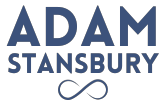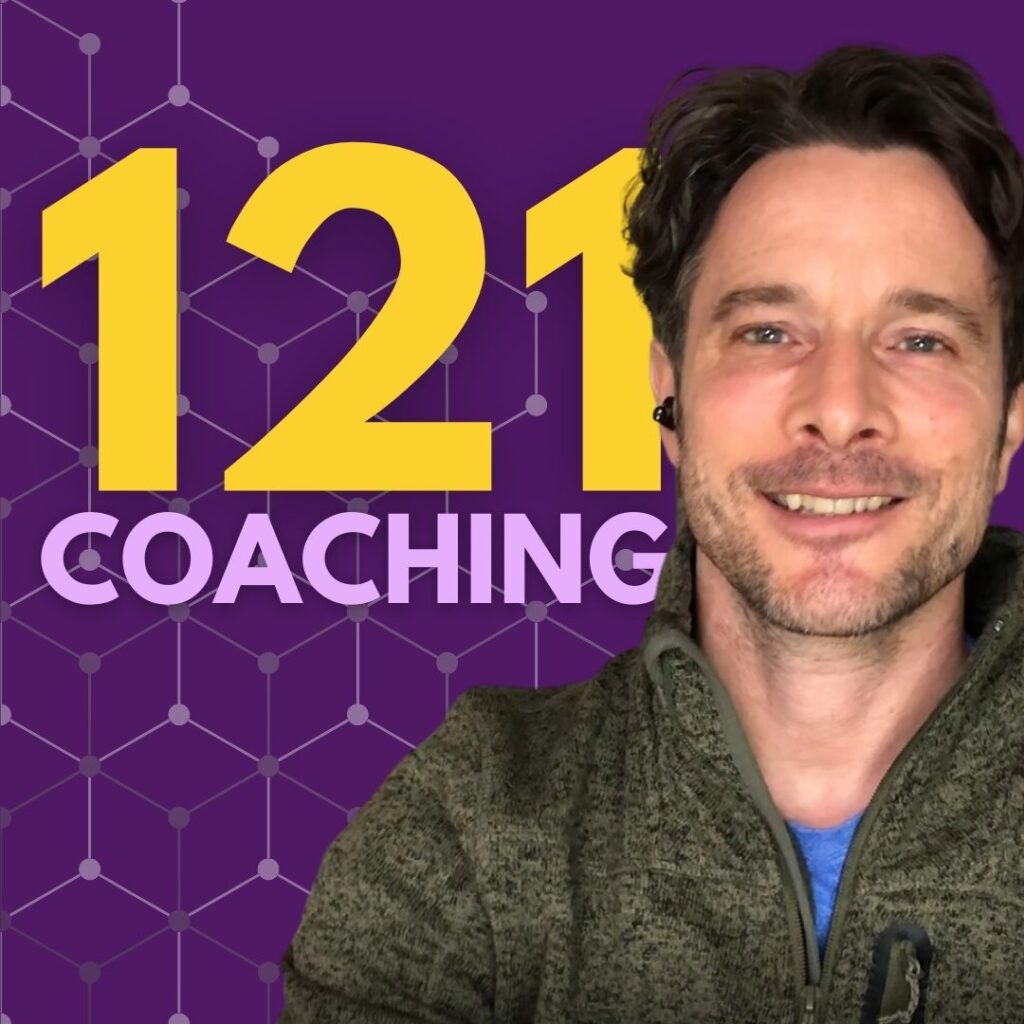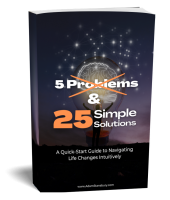In my article ‘How to Write a Book,’ I concluded with a series of questions related to how you may ultimately want to publish your book:
- Do you want to become an author and dream of being on the bestseller list?
- Do you want to have full control over your message and the end product?
- Do you want to appeal to the masses?
- Do you need to get your book out asap?
- Is your book an introduction for readers into your world and business?
- How patient are you?
- Do you have a big social media following?
Many of us, as writers and creatives, share the romantic idea of becoming a published author, writing for a living, and having our books listed on the New York Times Best Seller list for weeks on end. Initially, I held onto this dream, but through my experiences, I gained a deeper understanding of the publishing process and what truly matters to me as an author—what I create and why.
Traditional Publishing
Around 2017-2018, as my ‘vegan personal trainer’ identity gained momentum, a TV agent introduced me to the world of traditional publishing. At the time, I had an Instagram following of around 18k, focused on plant-based personal training. I learned that a traditional publisher would invest in creating, designing, editing, and promoting any book I wrote, but I would need a much larger social media following to land a deal. Though I gained a literary agent through this relationship, things fell apart due to issues with the TV agent.
Undeterred, I decided to go solo and submitted my manuscript to various publishers in London, but they all rejected it. Just when I grew impatient and frustrated, I discovered UnBound, a Crowd Funding Publisher based in London.
Crowd Funding Publishing
Crowdfunding publishers are more willing to take risks with alternative authors and titles. While they offer support through their web services, authors bear the responsibility of crowdfunding the total initial cost of the book and the first print run. Once funded, the publisher takes over the process as a traditional publisher would.
I met with UnBound, and they took me on. My first book had 65k words, with total costs amounting to approximately £16,000. This included designing, editing, marketing, and the first print run of around 350 copies. However, if the crowdfunding goal isn’t reached, the book won’t be printed, and all pledges go back to the donors.
Crowdfunding was a challenging experience, despite my family’s support through a generous donation. Every day, I had to send out emails and post on social media, pleading for pledges and offering different awards and prizes in return. By early 2019, I reached about 25% of the funding goal, but personal issues forced me to pause. Later in the year, when I was ready to resume the campaign, I realized I lacked the energy to push forward, and I decided to accept defeat and refund all pledges.
Self-Publishing
Although initially deflated, I realized that self-publishing was still a viable option. I had to let go of the dream of being traditionally published and embraced the idea of having complete control over the content, story, and message of my book. Traditional publishing would require giving up some autonomy to ensure the publisher’s investment is recouped.
I found a self-publishing agency specialized in designing, editing, and marketing for self-published authors. However, I had to fund the process myself and handle book promotion. I chose a great company in the UK called Spiffing Covers, and they have designed and edited both of my books to date.
Producing ‘Plant Powered’ cost around £4k, and ‘The Journey to the Centre of Your Soul’ cost around £2k. It’s worth noting that all promotional work for the book falls on the author, and the book becomes available through online outlets such as Amazon and Apple.
While you have to let go of the idea of seeing your book on a shelf at Waterstones, times are changing, and more books are bought through Amazon than anywhere else. Notably, Amazon offers an excellent service called ‘Print On Demand,’ where copies are printed only upon receiving orders, saving authors from upfront print run costs.
My Second Book
In early 2022, after completing my second book, I was once again tempted by the romantic idea of getting a literary agent and a traditional publisher. Promoting my first book on my own had been a challenging endeavour, and my ego pushed me toward traditional methods.
Fortunately, a good friend and successful published author, Susie Pearl, helped me regain clarity. Together, we began writing a book proposal—a crucial document that includes an overview of the manuscript, market research, competitors, and the book’s overall message. This document is essential when seeking a literary agent.
During a men’s entrepreneur meet-up in Ibiza, someone asked me a penetrating question that brought me back to my purpose: “What are you writing the book for? Is it something you want to use as a lead magnet for your business or course?” That moment of realization made it clear that I needed to self-publish again to ensure complete alignment between the book and my business goals. The book had to be concise, impactful, and complementary to my future coaching clients and upcoming course concept.
Over the following months, I self-published the book and created the course, which I named ‘Inner Earth,’ linking the two together.
Conclusion
Deciding how to publish your book depends on various factors, and each path has its advantages and drawbacks. Traditional publishing offers expert support but may compromise some autonomy. Crowdfunding publishing can be risky and demanding. Self-publishing grants full control but requires more effort in promotion. Ultimately, the right choice will depend on your goals, writing style, and audience.
As an author, I’ve found satisfaction in staying true to my message and using my book as a tool to help others navigate life. Please note that this article provides advice based on my personal experiences, and your journey may differ. Whether you choose traditional publishing, crowdfunding, or self-publishing, I wish you the best of luck in your writing endeavours.
Good luck, and may the words be with you.
Adam







